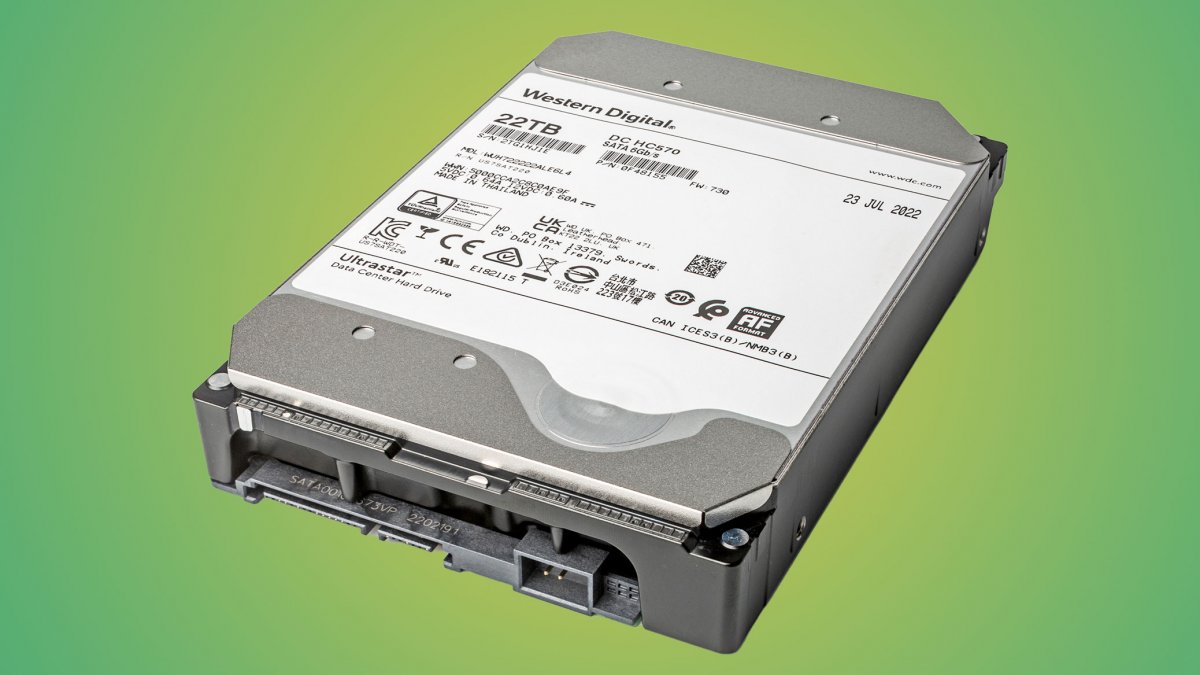“Where do you still buy floppy disks these days?” This is the rhetorical question posed by Taro Kono, Japan’s new digital affairs minister, at his own press conference on Thursday. More than 2,000 legal norms in the country require citizens to enclose physical data carriers when filing with the authorities. Kono wants to change that.
“We will review these procedures quickly,” promises Kono. He sets up a working group on the problem: the temporary digital administration research committee working group. At its 13th meeting this week, it decided to urge all departments and agencies to review their regulations and report back by the end of the year.
3.5-inch floppy disks, CD-ROMs, magnetic tapes or even minidiscs are still common in Japanese official channels. The latter were brought onto the market by Sony for digital sound recordings in autumn 1992 and can also be used as a carrier for other data. Outside of Japan, however, there was growing popularity for this use. In Japan, Sony has further developed the MD Data with a storage capacity of 140 MB to Hi-MD with up to one GB.
Disk Jungle
To make matters worse, the regulations are by no means uniform. At least 1,114 regulations require magnetic diskettes, 264 diskettes, 224 flexible diskettes, 207 CD-ROMs, 84 magnetic tapes. Magneto-optical diskettes are specifically requested four times. With this technology, data is written magnetically but read out optically – this principle is used in the minidisc. In addition, there are at least 563 paragraphs that speak generically of “storage media”, which in any case requires a physical data carrier.
Worse still: Even if the regulations do not stipulate any special data carriers, they often require the documents to be handed over personally in the office. That alone prevents official channels via the Internet. The data carrier obligation is not even limited to citizens’ requests. Data carriers are also mandatory for internal administrative processes, and the transfer of data via networked storage is often inadmissible. The temporary digital administration research committee working group faces a mammoth task.
historical reasons
Of course, the Japanese regulations do not spring from hatred of citizens, but have grown historically. Originally, floppy disks were a hit. Officially, IBM launched the first floppy disk in 1971 to solve a shipping problem: IBM machines could read additional microcode at startup, which IBM regularly updated. Sending it to customers on the magnetic tapes that were common at the time was cumbersome because the tapes were bulky and expensive.
The company developed the first 8-inch floppy disks. At the beginning they could store 80 KB, which corresponded to around 3,000 punch cards. Over time, floppy disks became smaller (5.25 and 3.5 inches) and could store more data (up to 2.88 MB). It’s all so outdated today that in 2019 even the US Nuclear Weapons Control Board upgraded from 8-inch floppy disks to SSDs.
(ds)







